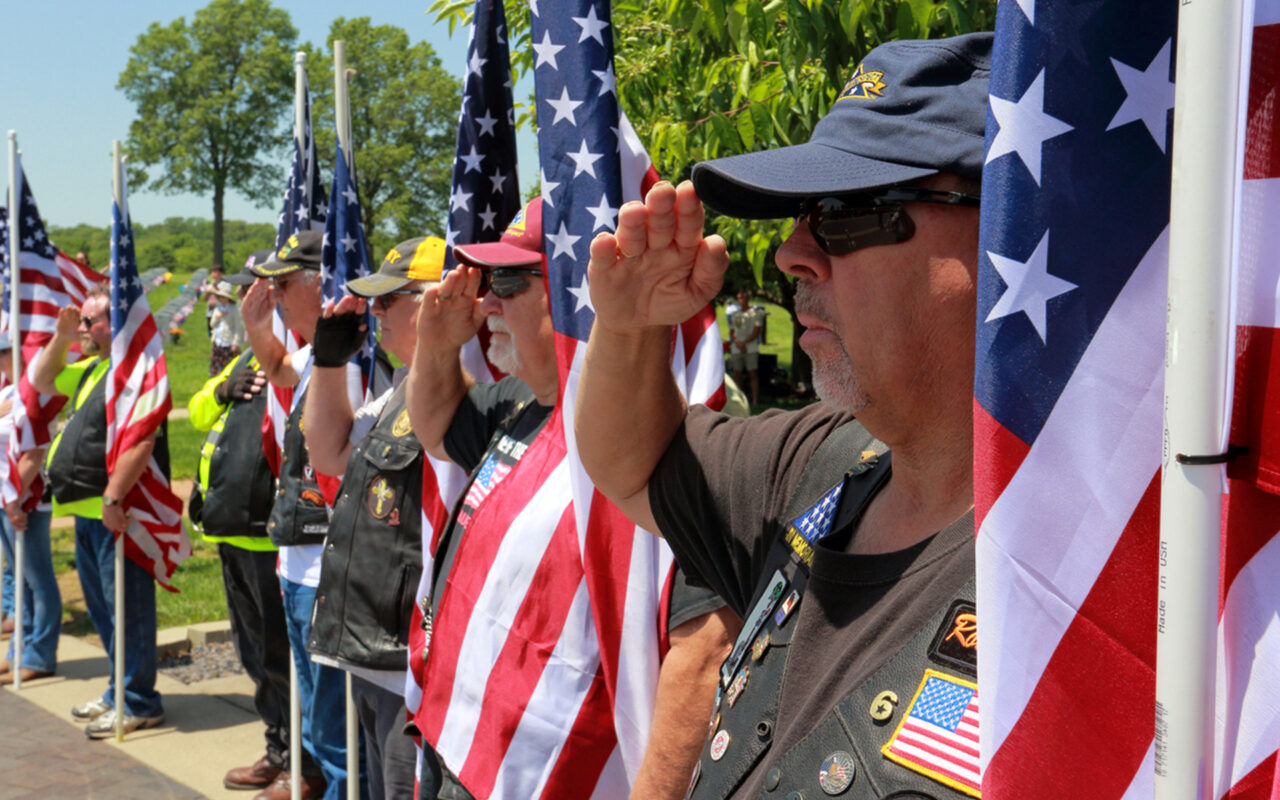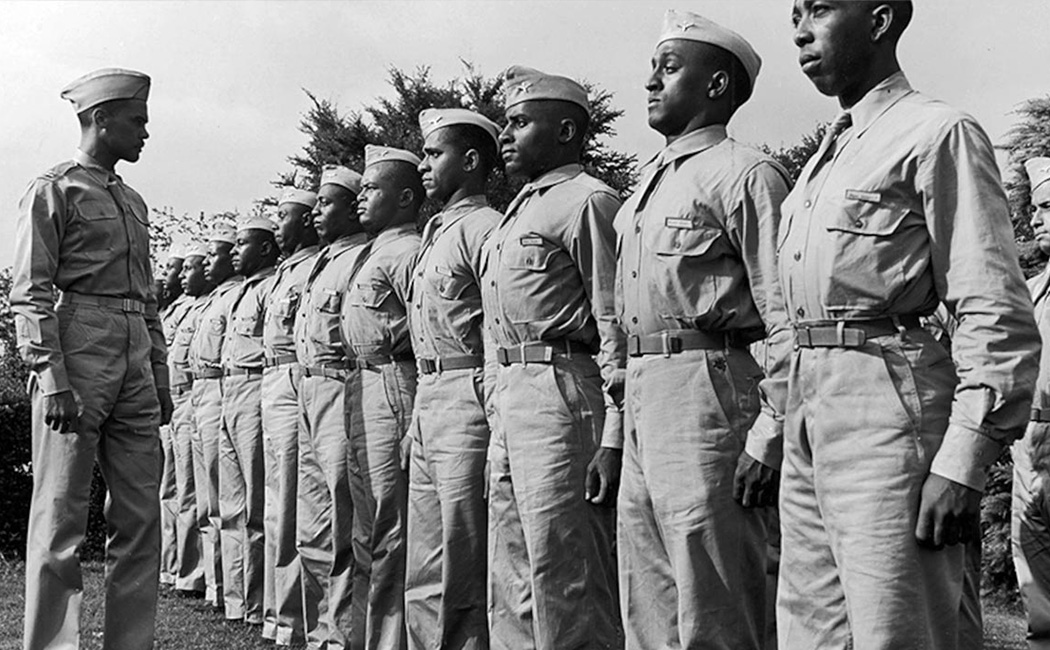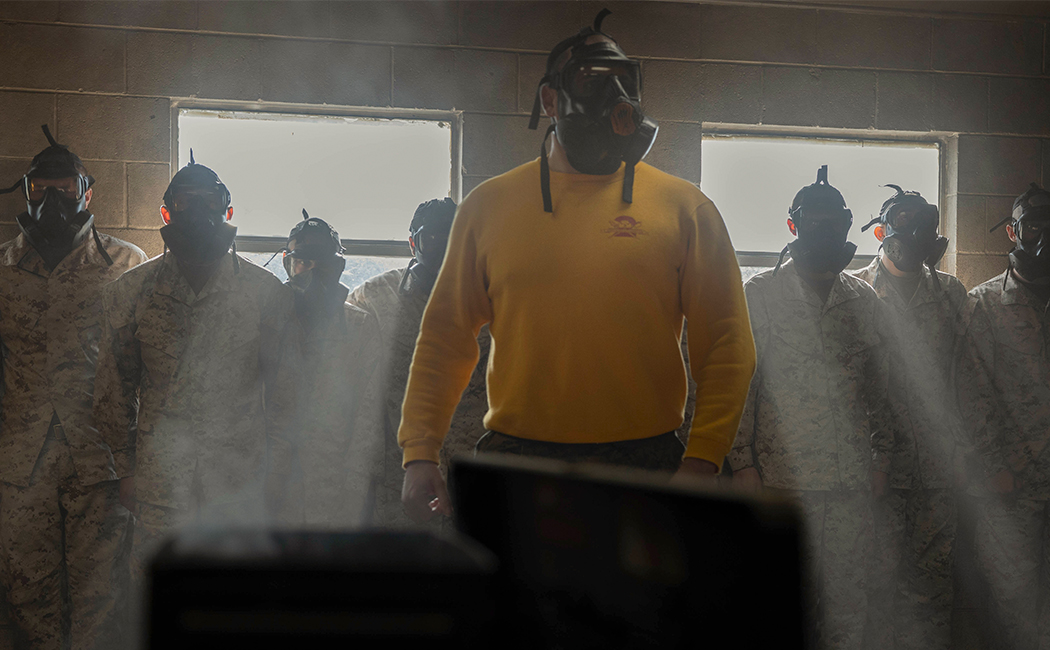
Veterans suffering from anxiety can file a claim and receive VA benefits, if they meet the criteria
Anxiety is a common condition for military veterans. A 2013 study found that 12% of participants met the diagnostic criteria for generalized anxiety disorder (GAD). Random community samples show that 1.6% to 3.5% of people in society have GAD, so the rate in the military is significantly higher.
Symptoms of anxiety can include restlessness, fatigue, difficulty concentrating, irritability, tense muscles, constant worry, and sleep problems. All of these can make it more challenging to function in society or hold a job.
The good news is that support is available for those suffering from anxiety through Veterans Affairs. Here’s what you should know about a VA claim for anxiety and the steps you’ll take before receiving benefits for your disability.
Schedule My Free ConsultationThe VA’s requirements for anxiety claims
Before you can receive benefits, you’ll have to meet the VA’s requirements for your claim. You must have a formal diagnosis of your condition and link the disability to your active duty service. You must also present any medical records and lay evidence that shows the severity of your anxiety.
You’ll want to visit a doctor to go over your symptoms, including sleep problems, fatigue, irritability, and worry and have your symptoms documented.
When proving a service connection, you’ll need records from around the time you first noticed the condition. These records can include statements from friends and family, reports of any counseling appointments you made, and information on your employment status.
If you’ve been unable to hold a steady job since your anxiety started, presenting this information can help you to receive a higher disability rating.
Potential VA ratings for anxiety
Once your doctor has diagnosed you with anxiety and you’ve filed a claim with the VA, you’ll receive a rating based on the severity of your anxiety.
When it comes to mental health conditions, such as generalized anxiety disorder, the likelihood of receiving at least a 30% rating is high. Again, you just have to prove that the condition is service-related.
Those who deal with minor social and occupational impairment because of their anxiety receive a 30% VA rating. At this stage, your anxiety could hinder your ability to work, but won’t prevent you from finding a job entirely.
At 50%, your anxiety could lead to reduced reliability and productivity, making it more challenging to hold a job. You could also suffer from mood swings, impaired judgment, and lack of motivation. You might find it hard to maintain relationships.
A VA rating of 70% means that you likely struggle to have personal relationships at all and find it challenging to deal with stress. You might also have panic attacks or suicidal thoughts. You’ll receive more compensation at this stage because your inability to work with others holds you back.
Finally, a 100% disability rating means that you often cannot perform everyday tasks and are frequently hindered by your anxiety. You might struggle to communicate, find yourself disoriented, or be occupationally and socially impaired. At this point, you won’t be able to work and need far more help than at the other stages.
Starting your claim
If you believe you’re suffering from anxiety, your best bet is to meet with a doctor to go over your symptoms. You’ll also want to begin gathering evidence on how anxiety has impacted your life since your active duty service. The more evidence you can collect, the better chance you’ll have of receiving compensation.
Veterans Guardian VA Claim Consulting can support you in filing a VA claim. Our team will guide you through the paperwork and prepare you for a meeting with the VA’s representatives, so there aren’t any surprises when the time comes.
Schedule My Free Evaluation















